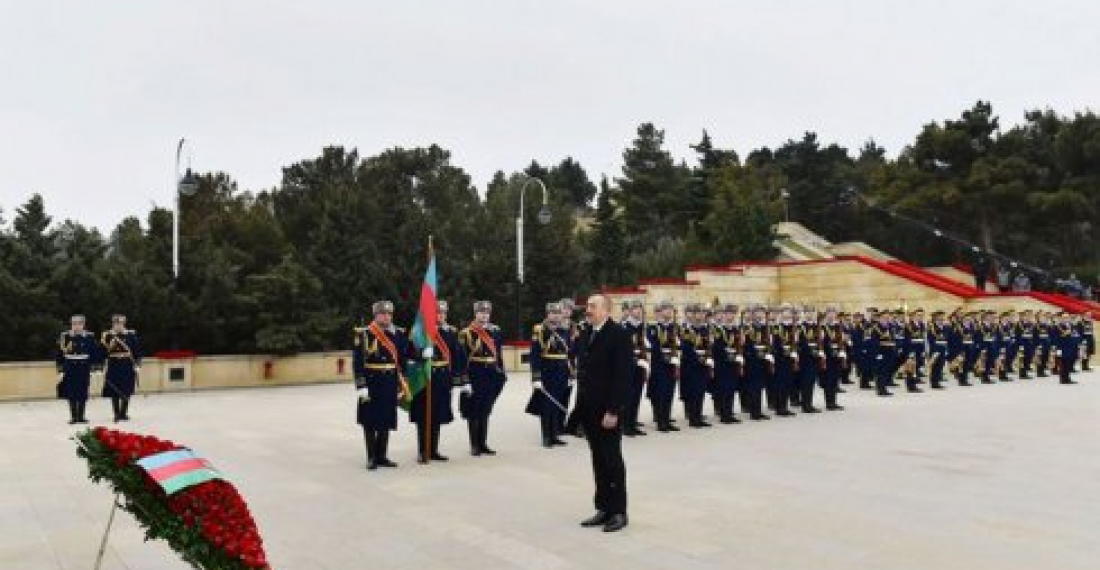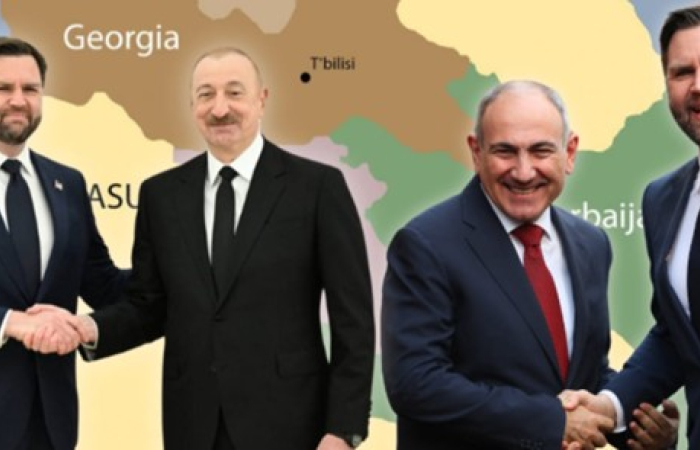Azerbaijhan on Monday (20 January) marked the 30th anniversary of the events of "Black January". In 1990 Soviet troops and OMON forces entered baku and shot unarmed civilians who were agitating for independence. The day is seen as a defining moment in the history of Azerbaijan - one that continues to define the country's perspective of its national identity.
President Ilham Aliyev led government officials and representatives of society in a tribute held at the Marthys' Alley in Baku and laid a wreath in front of the eternal flame.
The events of 20 January marked the final break of Soviet power with the people of Azerbaijan. After 20 January the Communist Party was completely discredited. Azerbaijani statehood was restored by a decision of the Azerbaijani parliament on 18 October 1991 - although independence only followed the collapse of the USSR at the end of that year.
Several hundred people were killed by indiscriuminate shooting from the Soviet troops. The event shocked the country, but informatiomn about it emerging to the outside world at the time was patchy.
A number of political parties and organisations in Azerbaijan are also expected to mark the anniversary throughout the day.
source: commonspace.eu with agencies
photo: President Ilham Aliyev laying a wreath in front of the eternal flame on Martys' Alley to mark the 30th anniversary of Black January (picture courtesy of APA, Baku).







